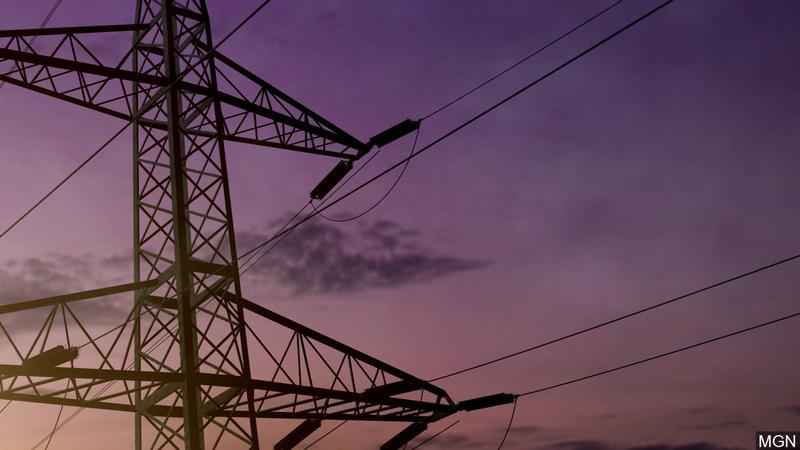Bipartisan energy act signed into Minnesota law

[MGN Images]
A new, bipartisan energy conservation act in Minnesota was signed into law.
The governor’s office released an update Wednesday that stated Gov. Tim Walz signed the Energy Conservation and Optimization Act (ECO Act) in an effort to "strengthen Minnesota’s energy conservation programs, reduce greenhouse gas emissions, and create jobs across the state."
"We know that investing in energy conservation and beneficial fuel switching means that Minnesota’s homes and businesses run more efficiently and have a lower impact on our environment," Walz said in a statement. "The ECO Act will help Minnesota families and small businesses save money, create good-paying jobs, and, most importantly, protect Minnesota’s environment for generations to come."
Minnesota Department of Commerce Commissioner Grace Arnold said the legislation represents roughly three years of work to expand the state’s existing Conservation Improvement Program.
That expansion includes energy efficiency improvements for public schools, additional conservation goals for utilities companies, and paperwork requirement reductions and conservation requirement flexibility for statewide cooperatives.
"We know from Commerce’s experience administering the Conservation Improvement Program that conservation has saved $6 billion in net benefits," Arnold said. "In one year, CIP reduced 1.8 million tons of carbon dioxide emissions, equal to emissions of 350,000 vehicles. ECO will deliver even more dollars in savings for Minnesotans."
Mike Bull, of the Center for Energy and Environment, added, "ECO increases the ability for Minnesotans to choose how, when, and how efficiently they use increasingly clean fuels like electricity – reducing their energy costs, allowing more renewables onto the grid, avoiding harmful air emissions and supporting local jobs that can’t be outsourced."